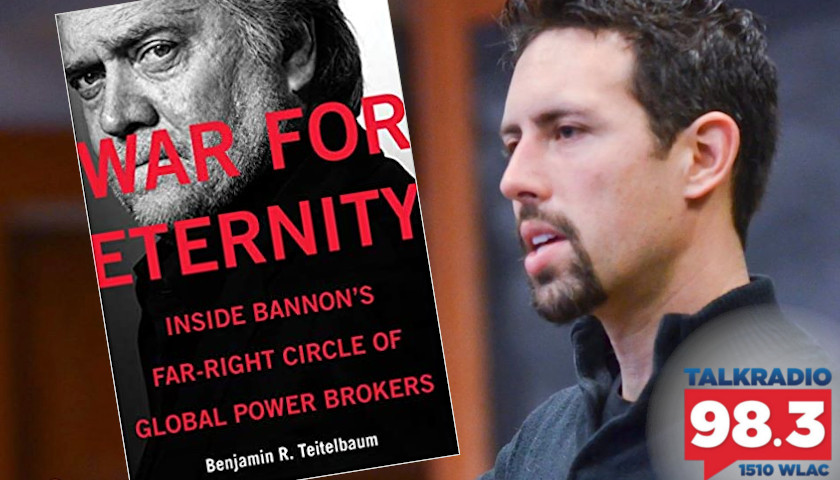U.S. Senator Marsha Blackburn (R-TN) was among nine Republican senators who sent a letter to Vice President Kamala Harris pressing her on the administration’s “failed” initiative to connect millions of Americans to broadband internet.
The Infrastructure Investment and Jobs Act, signed by President Joe Biden in 2021, provided the National Telecommunications and Information Administration with $42.45 billion for the Broadband, Equity, Access, and Deployment (BEAD) program, which was intended to “provide broadband access to unserved communities, particularly those in rural areas.”
Read the full story










